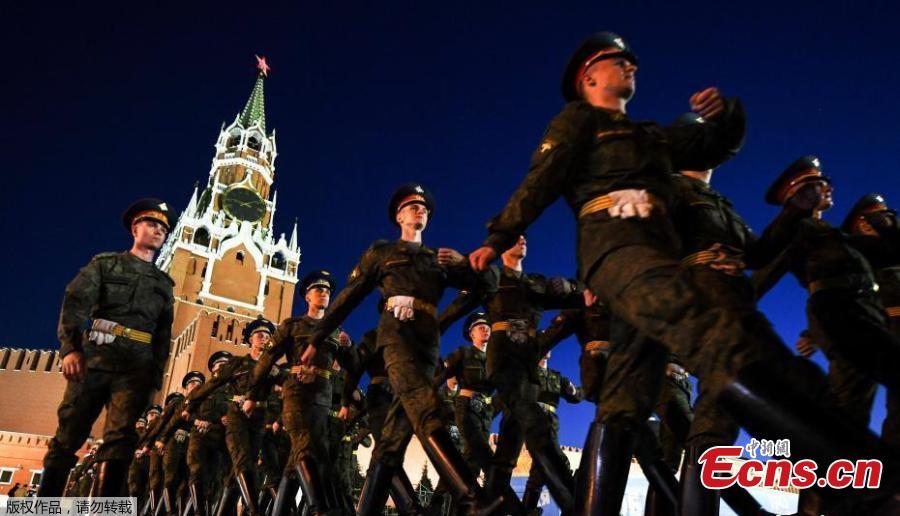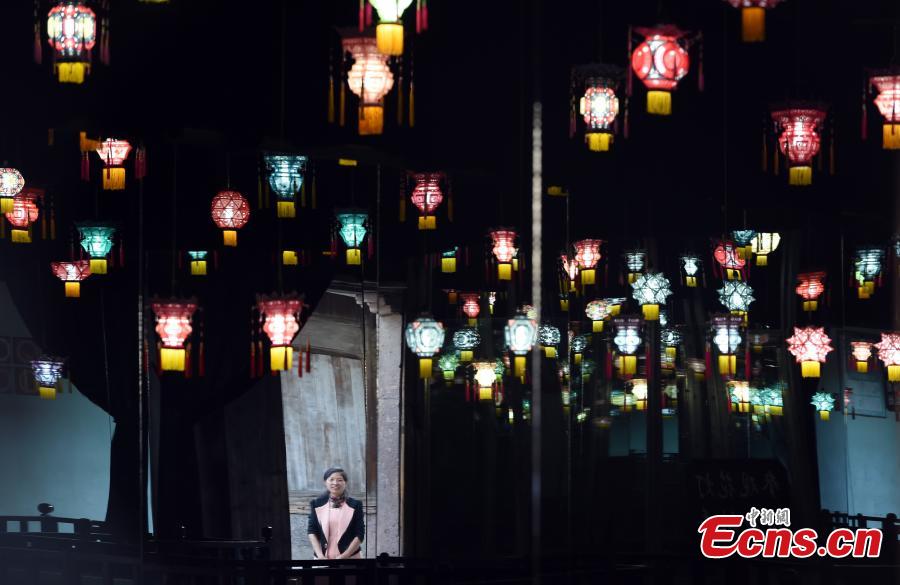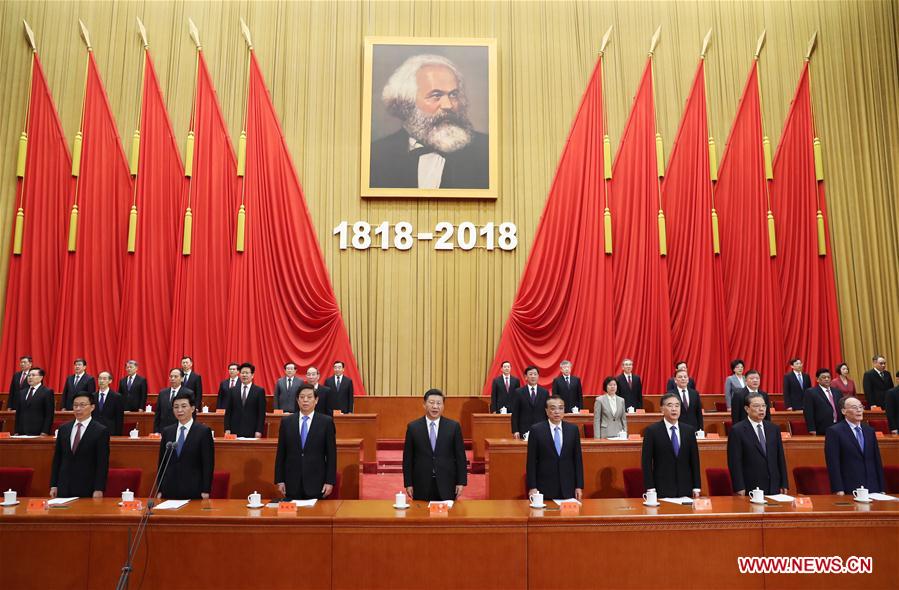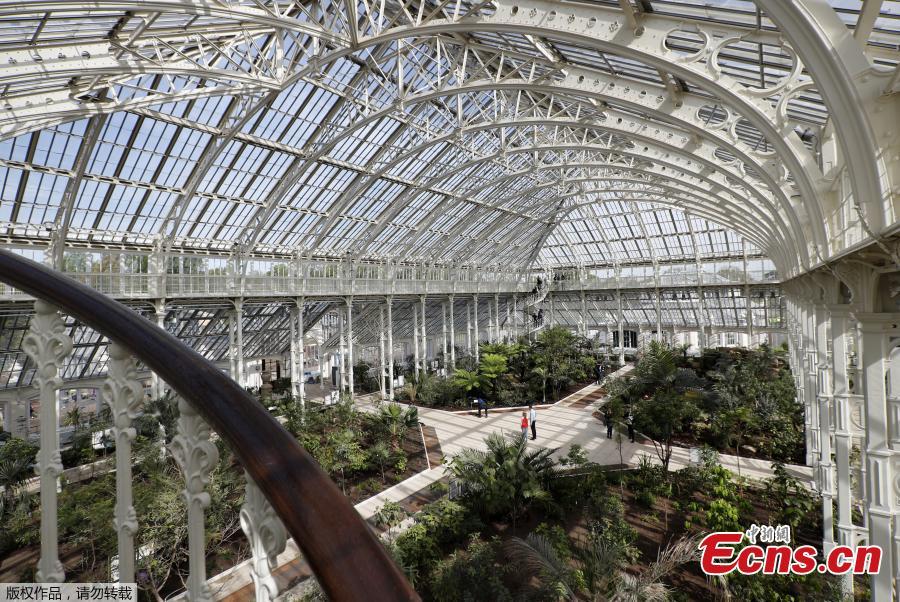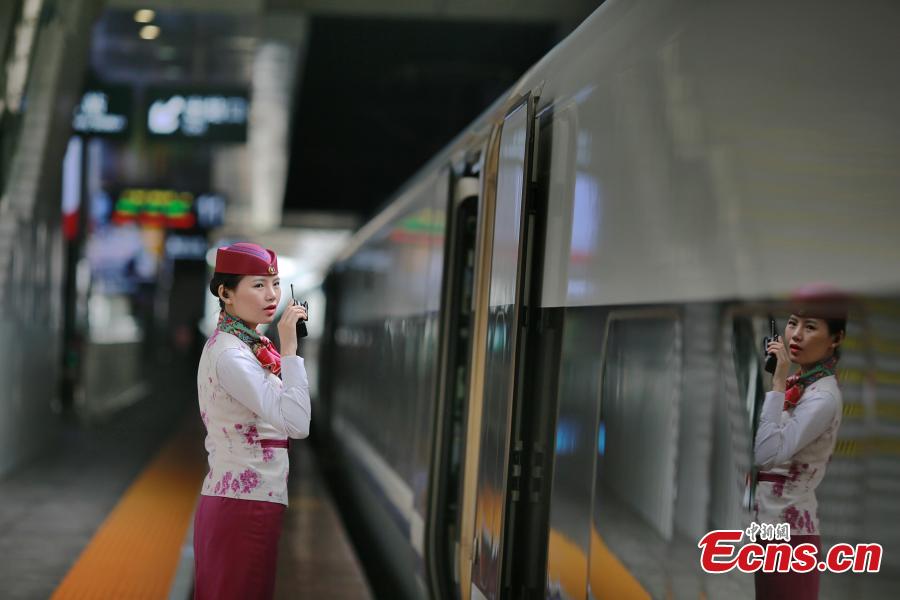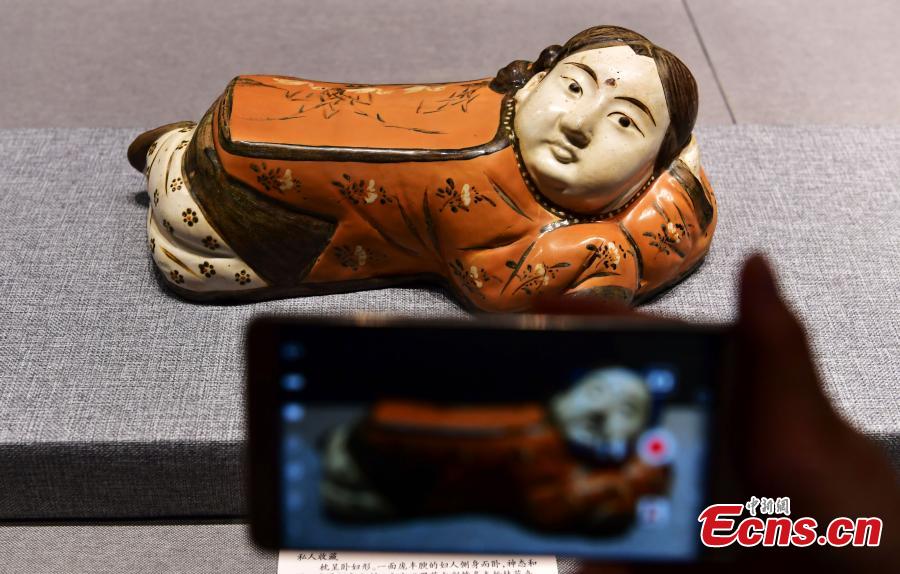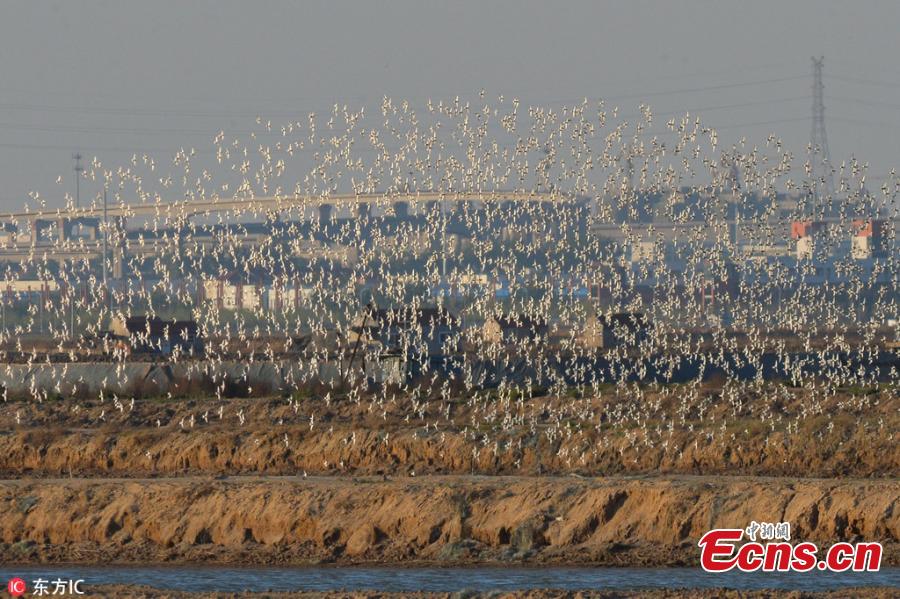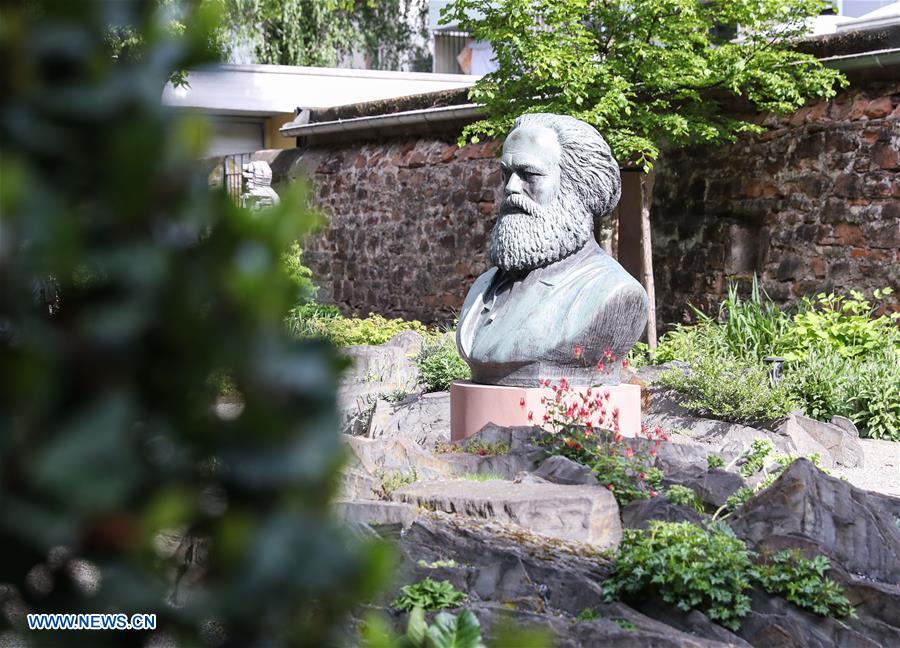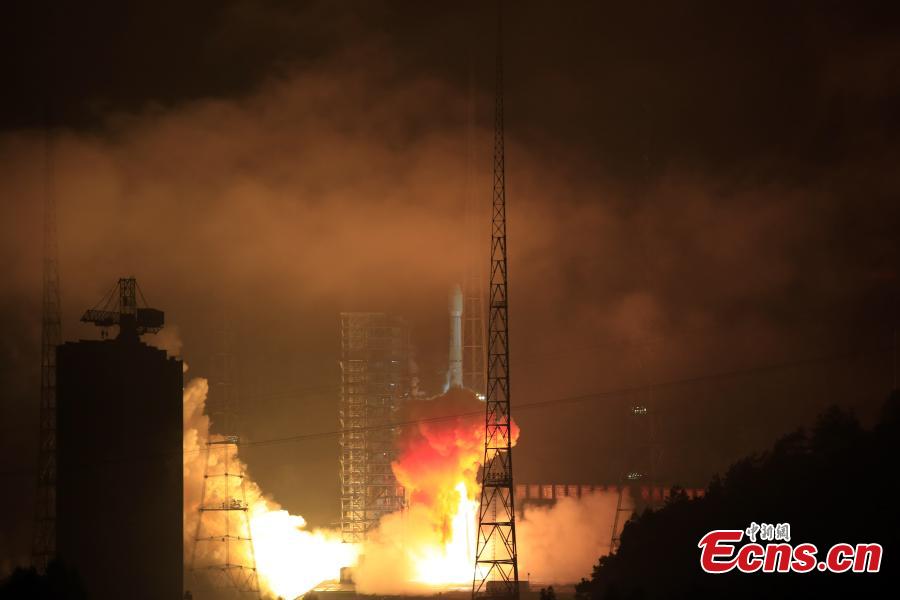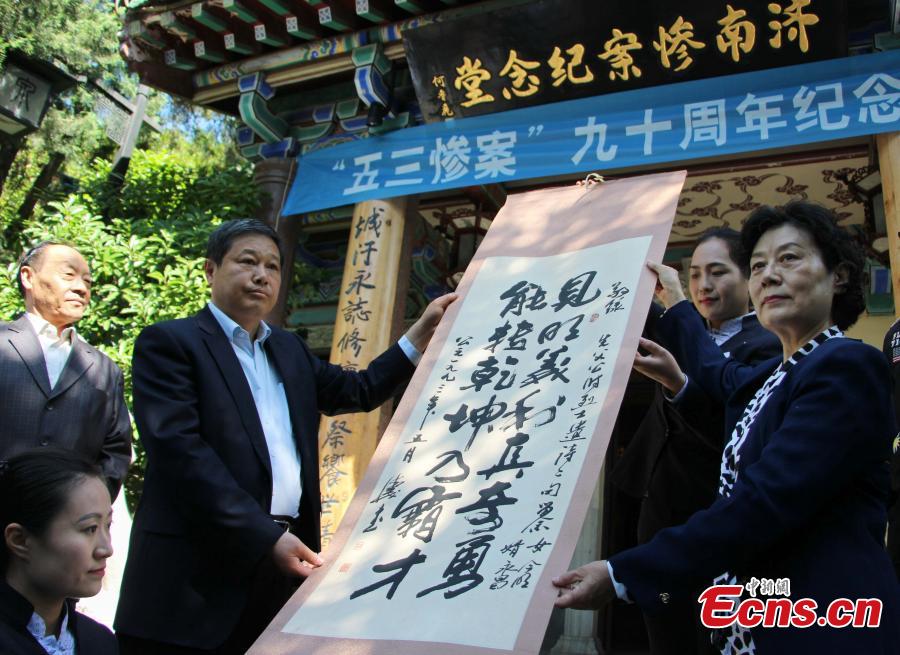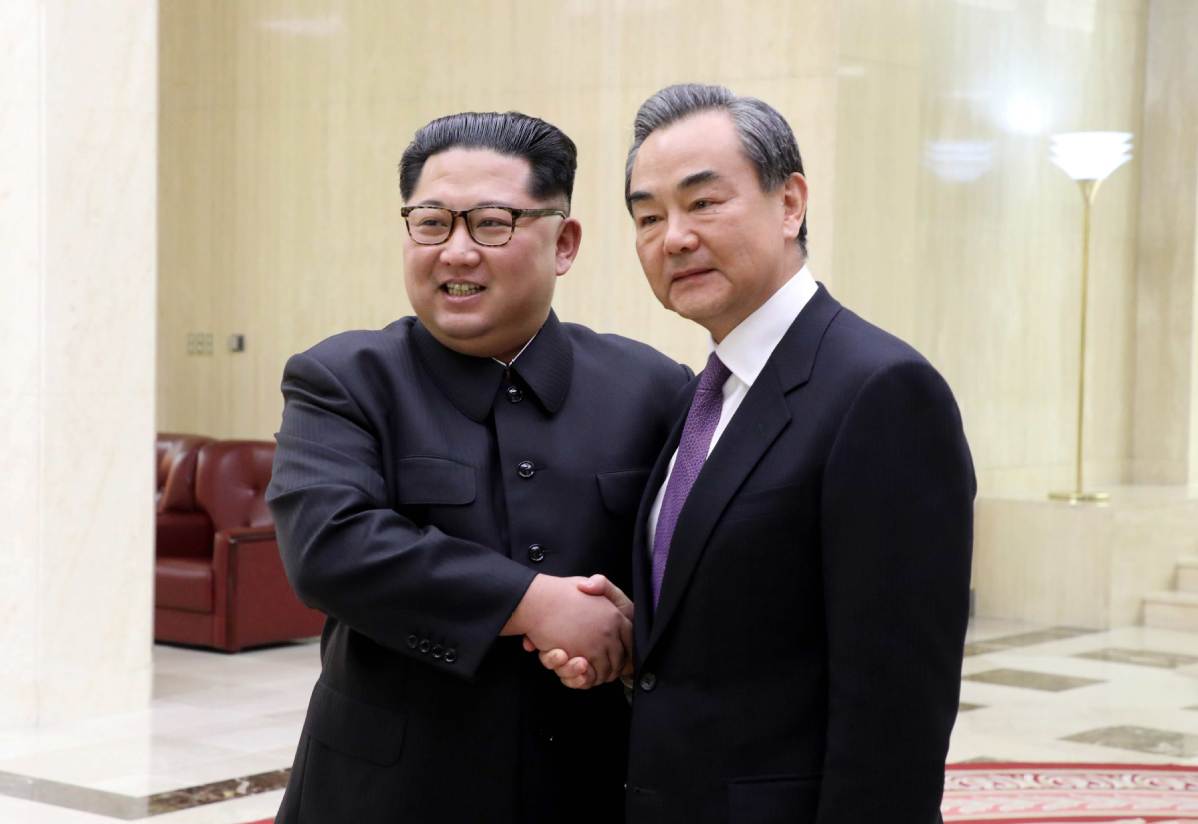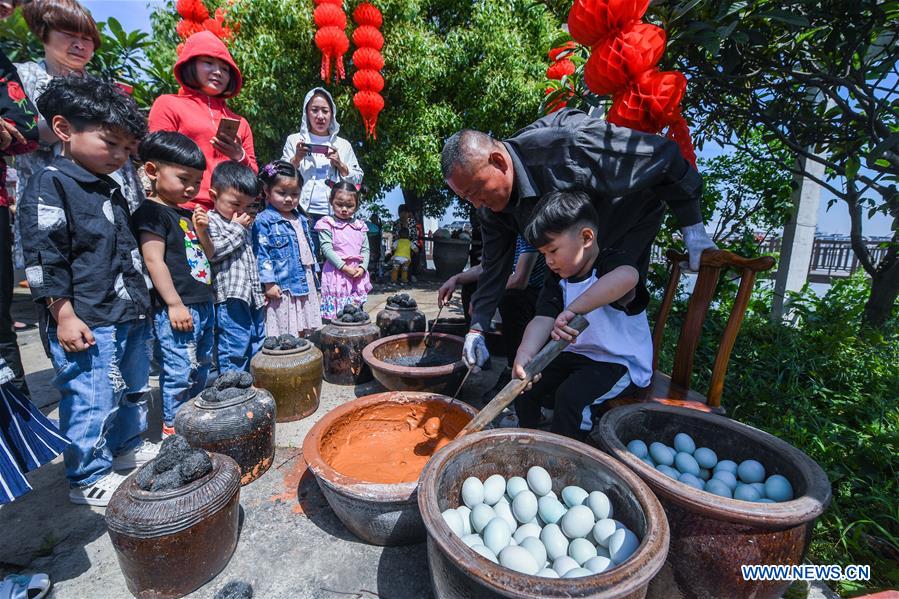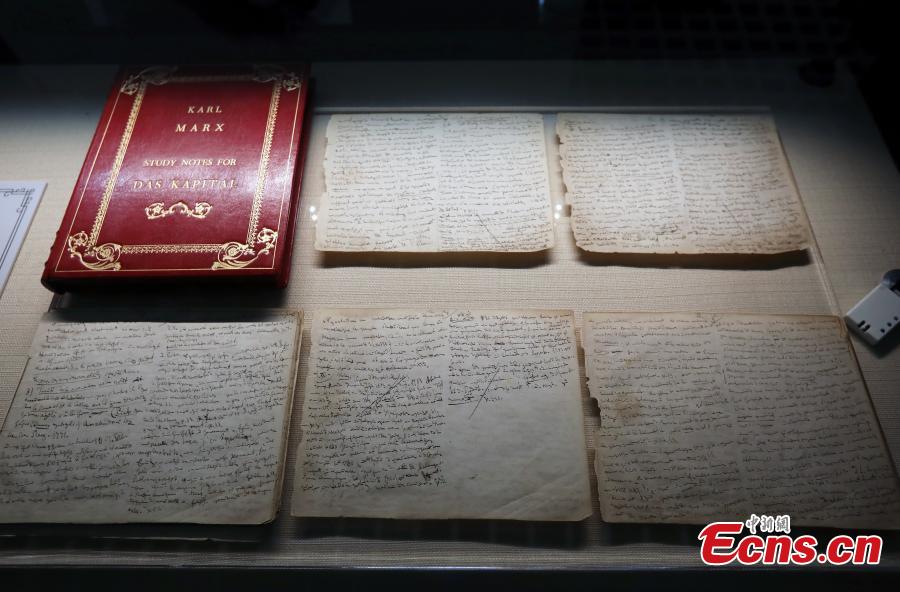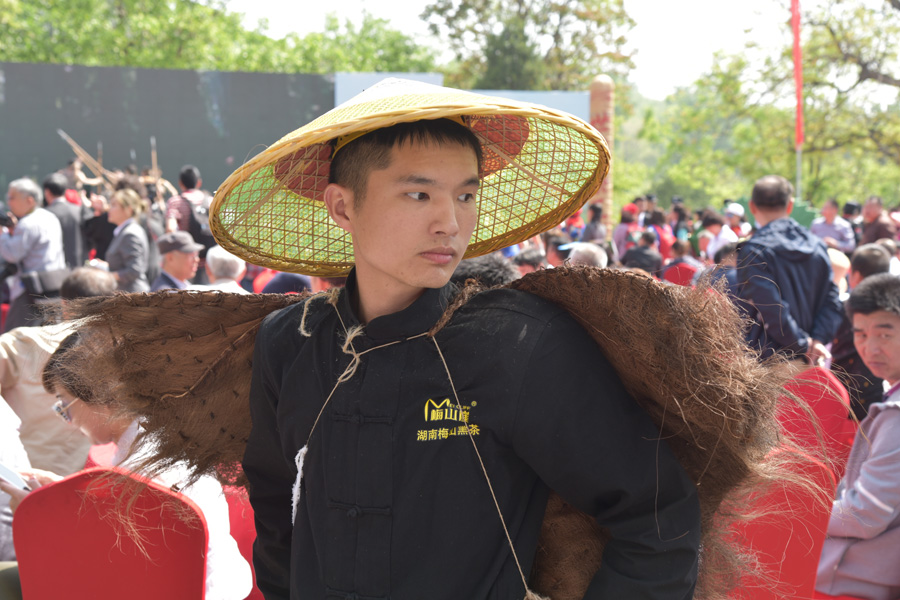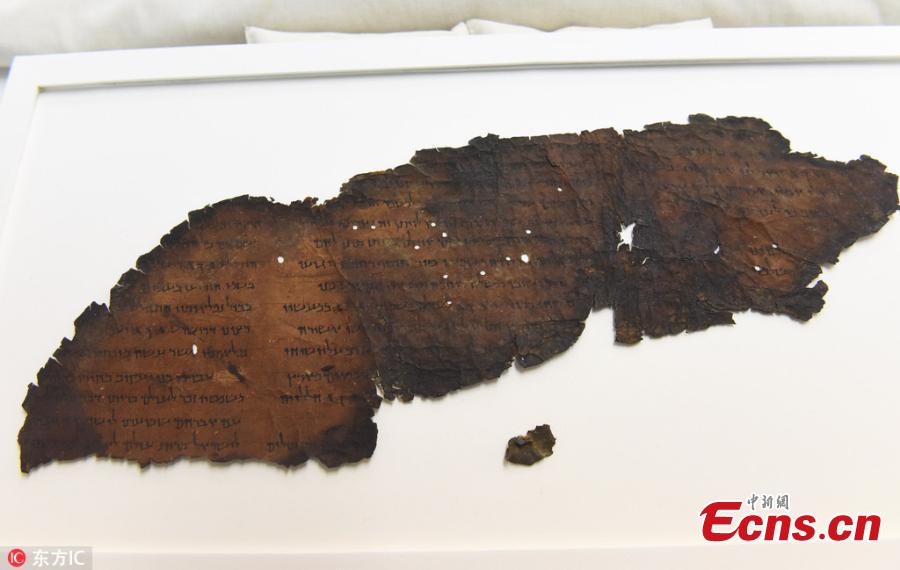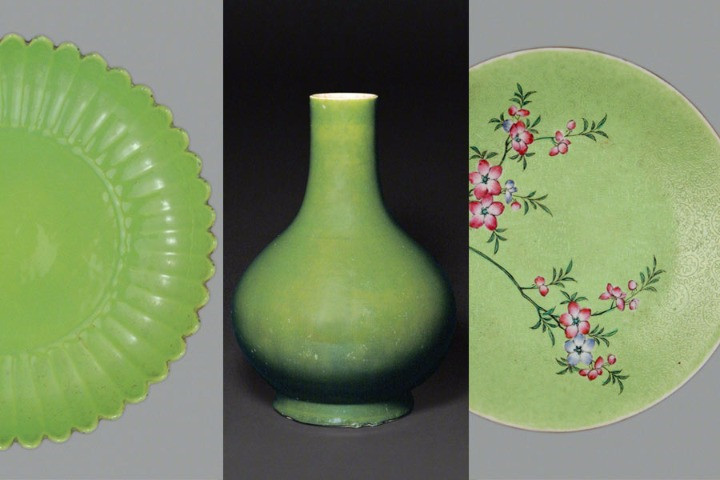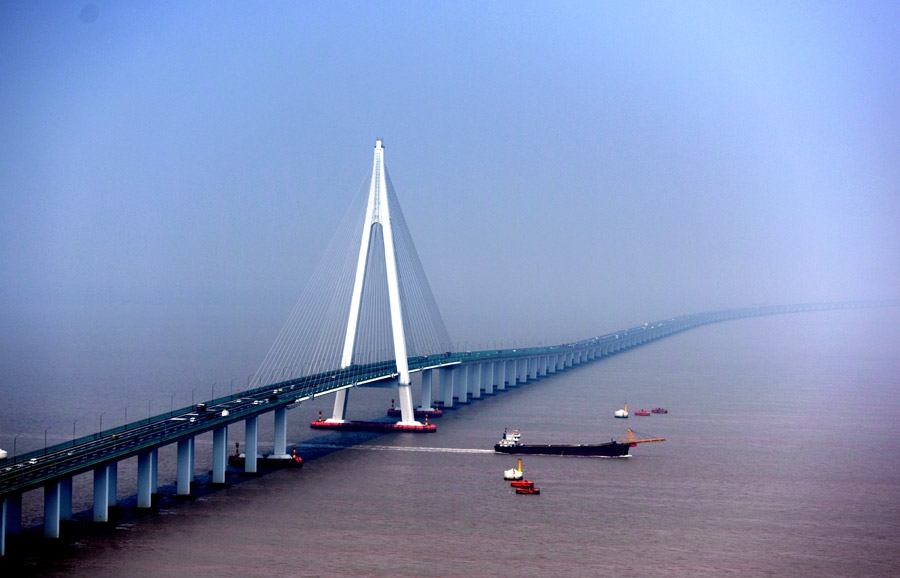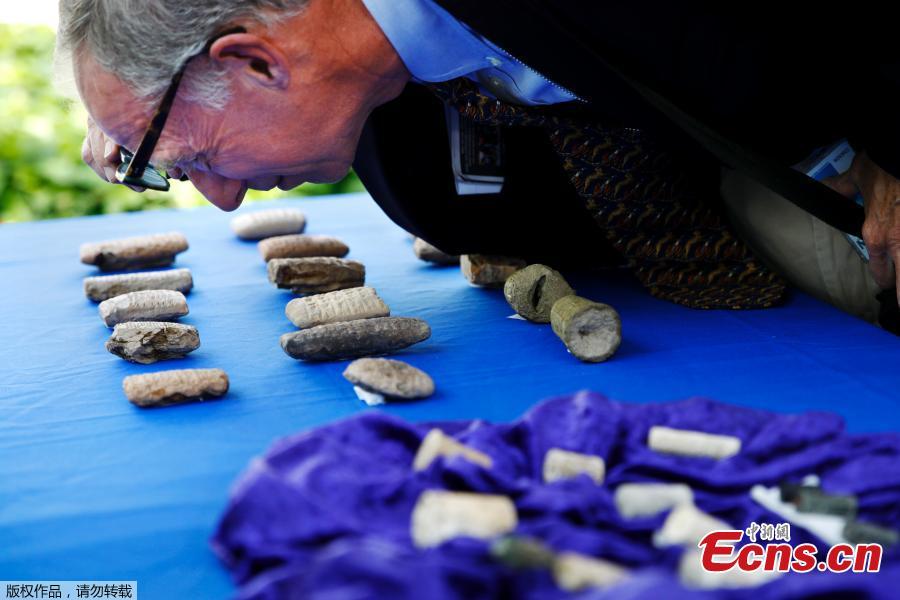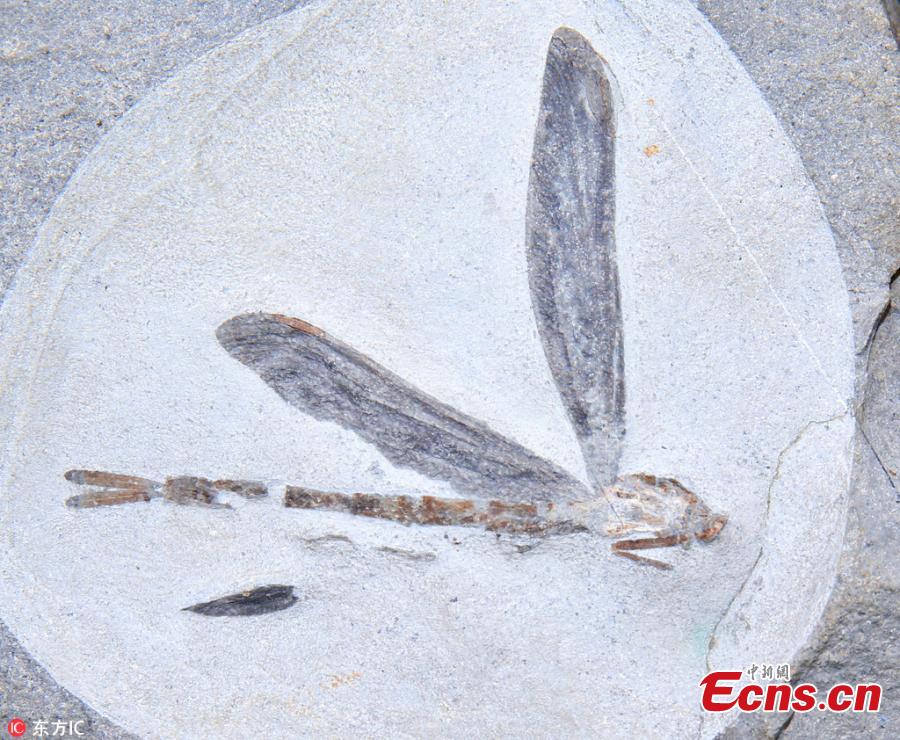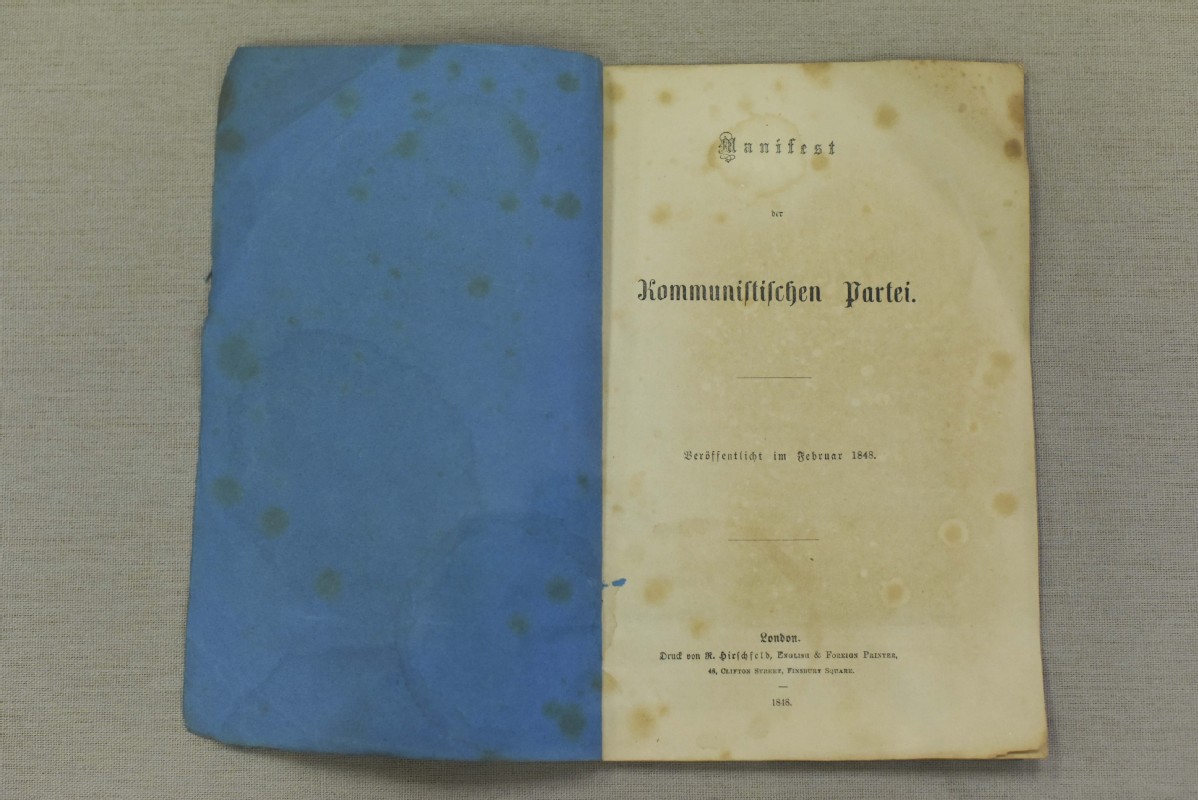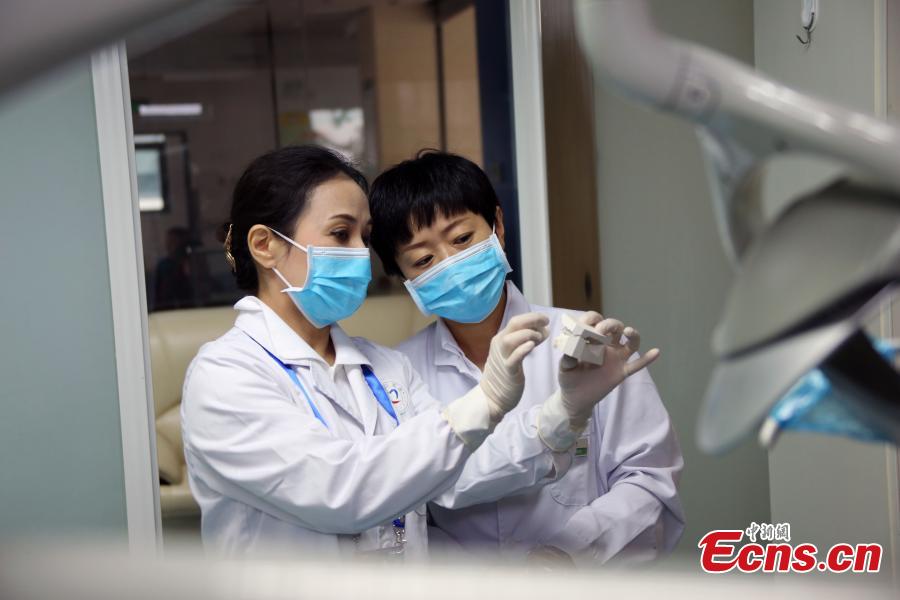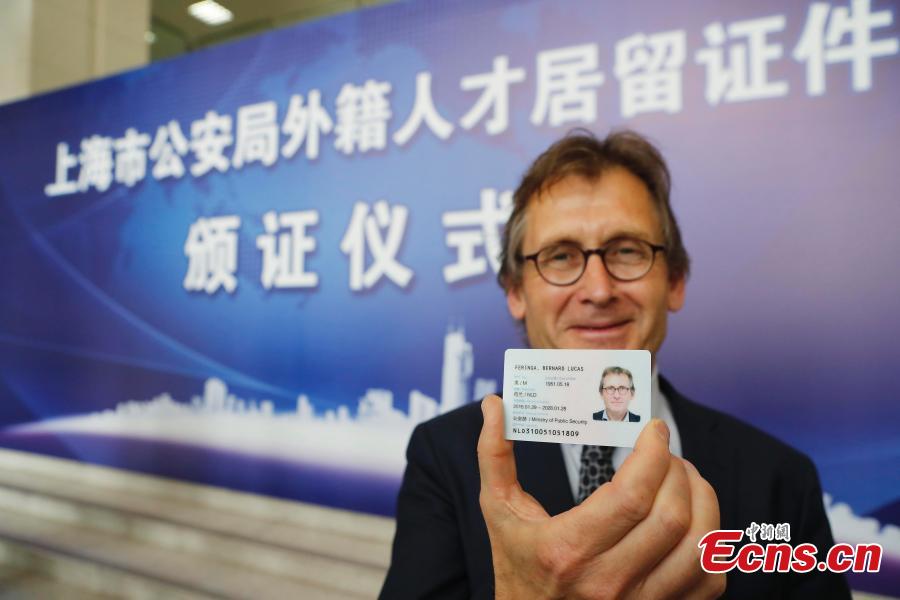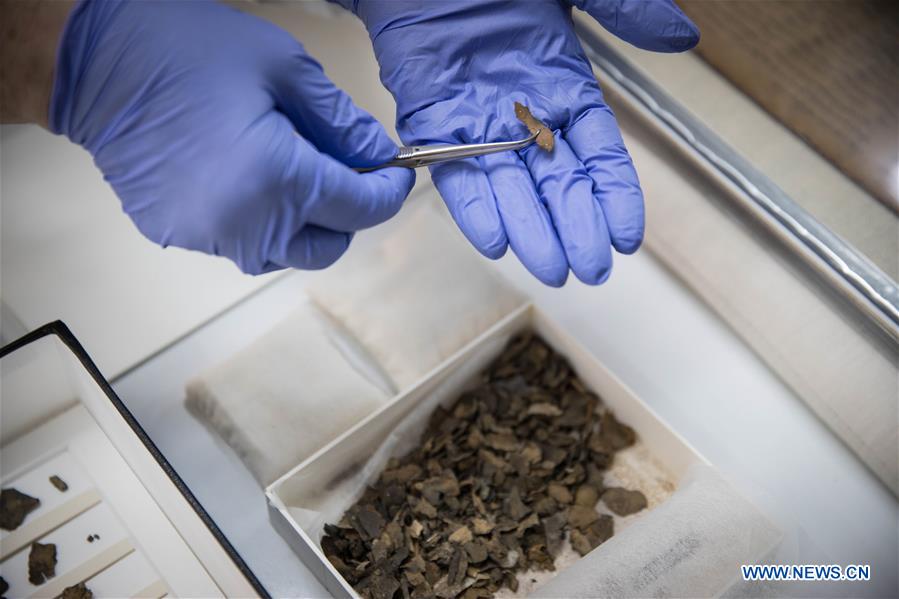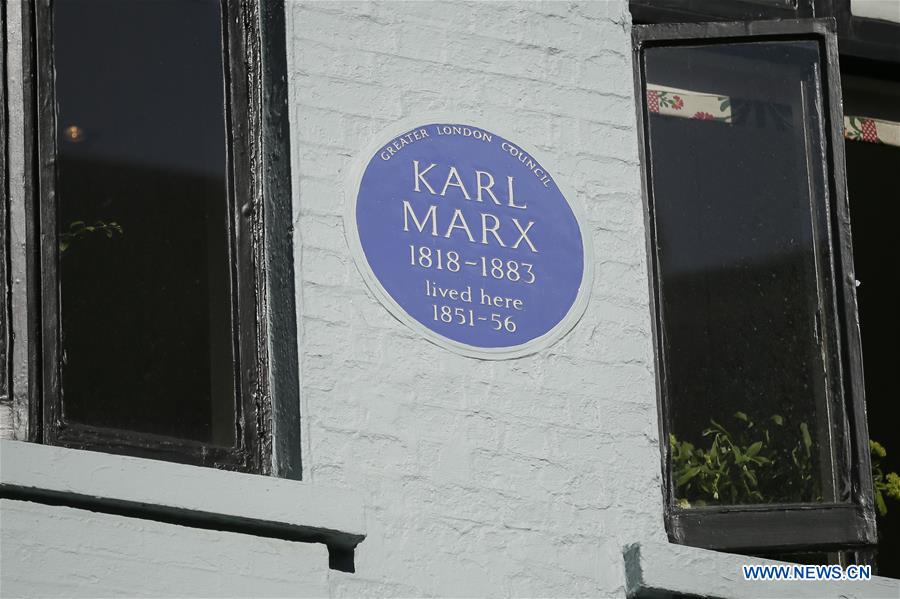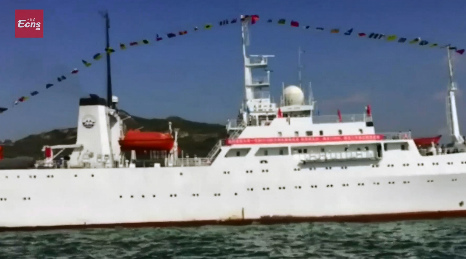Premier Li Keqiang's upcoming trip to Indonesia and Japan is of great importance to cementing the China-Indonesia comprehensive strategic partnership, deepening China-ASEAN relations and trilateral cooperation among China, Japan and the Republic of Korea (ROK), and bringing China-Japan ties back to a normal development track, said Chinese Vice Foreign Minister Kong Xuanyou at a press briefing Friday.
Invited by Indonesian President Joko Widodo and Japanese Prime Minister Shinzo Abe, Li is scheduled to pay official visits to Indonesia and Japan, and attend the 7th China-Japan-ROK leaders' meeting in Japan from May 6 to 11.
It will be the Chinese premier's first oversea trip since the new Chinese government took office in March.
During his visit to Indonesia, Li will hold talks with Joko Widodo, and jointly attend a China-Indonesia business summit. Li will also meet with Indonesian Vice President Jusuf Kalla.
The Chinese premier will visit the ASEAN Secretariat, meet with ASEAN Secretary General Lim Jock Hoi, and attend celebration activities of the 15th anniversary of China-ASEAN strategic partnership, according to Kong.
During Li's visit, China and Indonesia would issue a joint statement and sign several cooperation documents in various areas including trade and investment.
This year marks the fifth anniversary of the establishment of China-Indonesia comprehensive strategic partnership, and the 15th anniversary of the China-ASEAN strategic partnership.
Kong said China-Indonesia relations had embarked on a fast development track in recent years, adding their all-round cooperation achieved fruitful outcomes.
"ASEAN is a priority of China's neighboring diplomacy and a pivotal region in the Belt and Road Initiative," Kong said. "It is also China's important partner in the building of a new type of international relations and a community with a shared future for humanity."
This year marks the 10th anniversary of the China-Japan-ROK trilateral meeting outside the framework of ASEAN, while next year marks the 20th anniversary of the launch of China-Japan-ROK cooperation.
"The trilateral meeting, convened after two and a half years, will regain the momentum of cooperation among the three countries," Kong said, noting that regional countries were looking forward to it.
"Strengthening trilateral cooperation is of great significance to safeguarding regional peace and stability, promoting the construction of the East Asian economic community and building an open world economy," he said.
After attending the trilateral meeting, Li will meet the press with Abe and ROK President Moon Jae-in. Li will also attend a China-Japan-ROK business summit and deliver a speech, according to Kong.
"China hopes that leaders of the three countries will exchange views on future development of trilateral cooperation as well as the international and regional situation," he said.
China also hopes that the meeting would point out the direction for future trilateral cooperation, jointly push forward the negotiations on China-Japan-ROK Free Trade Agreement and the Regional Comprehensive Economic Partnership, oppose trade protectionism and promote regional economic integration.
This is the first visit to Japan by a Chinese premier in eight years. This year marks the 40th anniversary of the signing of the China-Japan Treaty of Peace and Friendship.
Kong said that under the joint efforts of both sides, China-Japan relations had shown improved momentum, and cooperation in various fields had steadily developed.
During his stay in Japan, Li will hold talks with Abe and meet with Japan's Emperor Akihito. He will also meet with leaders of the Diet as well as heads of the ruling and opposition parties.
Li will also attend a reception commemorating the 40th anniversary of the signing of the China-Japan Treaty of Peace and Friendship and deliver a speech.
The trip will also take Li to Japan's northern island of Hokkaido.
"During his visit, Li will have in-depth exchange of views with Japanese leaders on increasing political and strategic mutual trust, enhancing pragmatic cooperation and communication, properly managing differences and bringing bilateral ties back to the track of normal development," Kong said. "The two countries' leaders are expected to reach consensus on strengthening cooperation in third-party markets as well as cooperation in culture, media, youth and local exchanges."
He added that he believed Premier Li's visit would inject new vitality to the improvement and development of China-Japan ties, and set a clear orientation for the future development of those ties.









